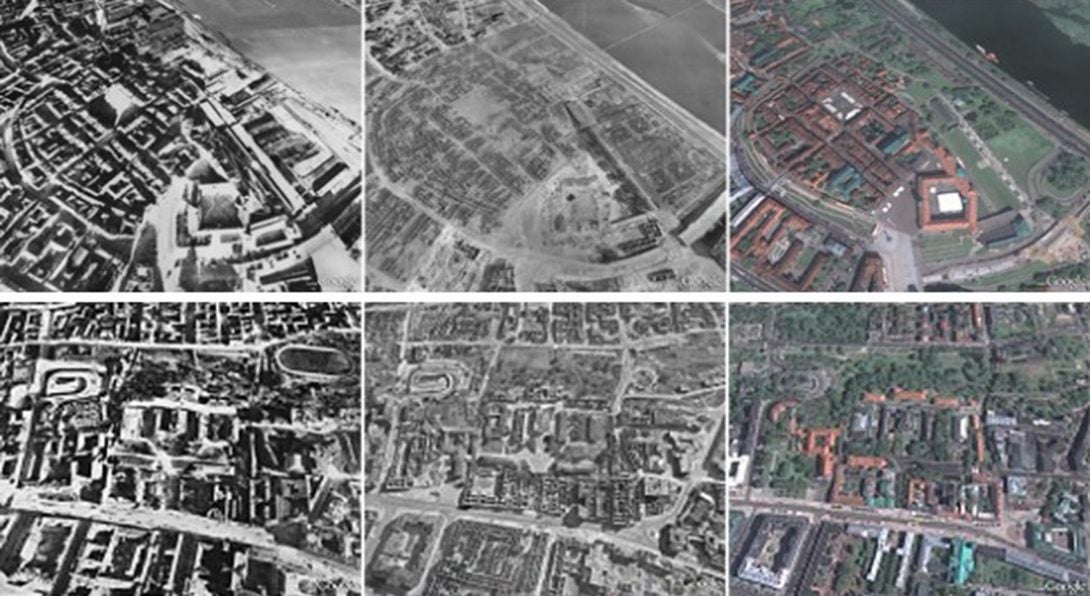Annual Hejna Conference
"Modernizations" Heading link

4th Annual Polish Studies Conference at the University of Illinois at Chicago
April 24-25, 2017
Organizers: Professor Michał Paweł Markowski (Hejna Family Chair in Polish Language and Literature) & Professor Keely Stauter-Halsted (Hejna Family Chair in the History of Poland)
Poland has long been the focus of modernization theories, schemes, and projects. From Enlightenment travelers critiquing the Polish lands for their backwardness and incivility to communist ideologues intent on the revolutionary transformation of society, Poles have been engaged in conversations about modernization for most of the past two centuries.
Modernization—the notion of a transformation from a traditional, rural, agrarian society to a secular, urban, and industrial one—has recently experienced a decline in reputation. Until 1918 modernization programs helped move the nation forward while the political existence of the state was denied, often pitting intellectual and economic agendas against nationalist ideologies supported by the Church. After independence, modernization goals drove the Second Republic to fight decades of underdevelopment in order to keep pace with liberal democracies across Europe. Later, modernization became a buzzword for the Communists, justifying grandiose social engineering projects. More recently, the integration of Poland and the Poles into the European Union has brought economic benefit, but social dislocation and insecurity, providing fodder for debates about the value of modernization. In all of these cases, modernization has been skillfully manipulated as an ideological weapon in battles over power, influence, and the control of public opinion. The massive political turnout and populist movements currently taking power worldwide suggest a reversal in the way ideas of modernization have resonated. In Poland, some have suggested that the rise of the Law and Justice party in 2015 came about through the Party’s explicit resistance to modernization, especially as it had been employed in Civic Platform’s neoliberal economic programs.
What have all these versions of modernization meant to Poland and to Poles? How can we as scholars understand the ways modernization schemes have affected Polish society? The centrality of modernization tropes in Modern Polish history demands careful investigation. We invite proposals for presentations to consider different accounts of how modernization has been used in the last 150 years and to look closer at how its enthusiasts and its detractors continue fighting one another, even while claiming to share a concern for a better future of the Polish nation.